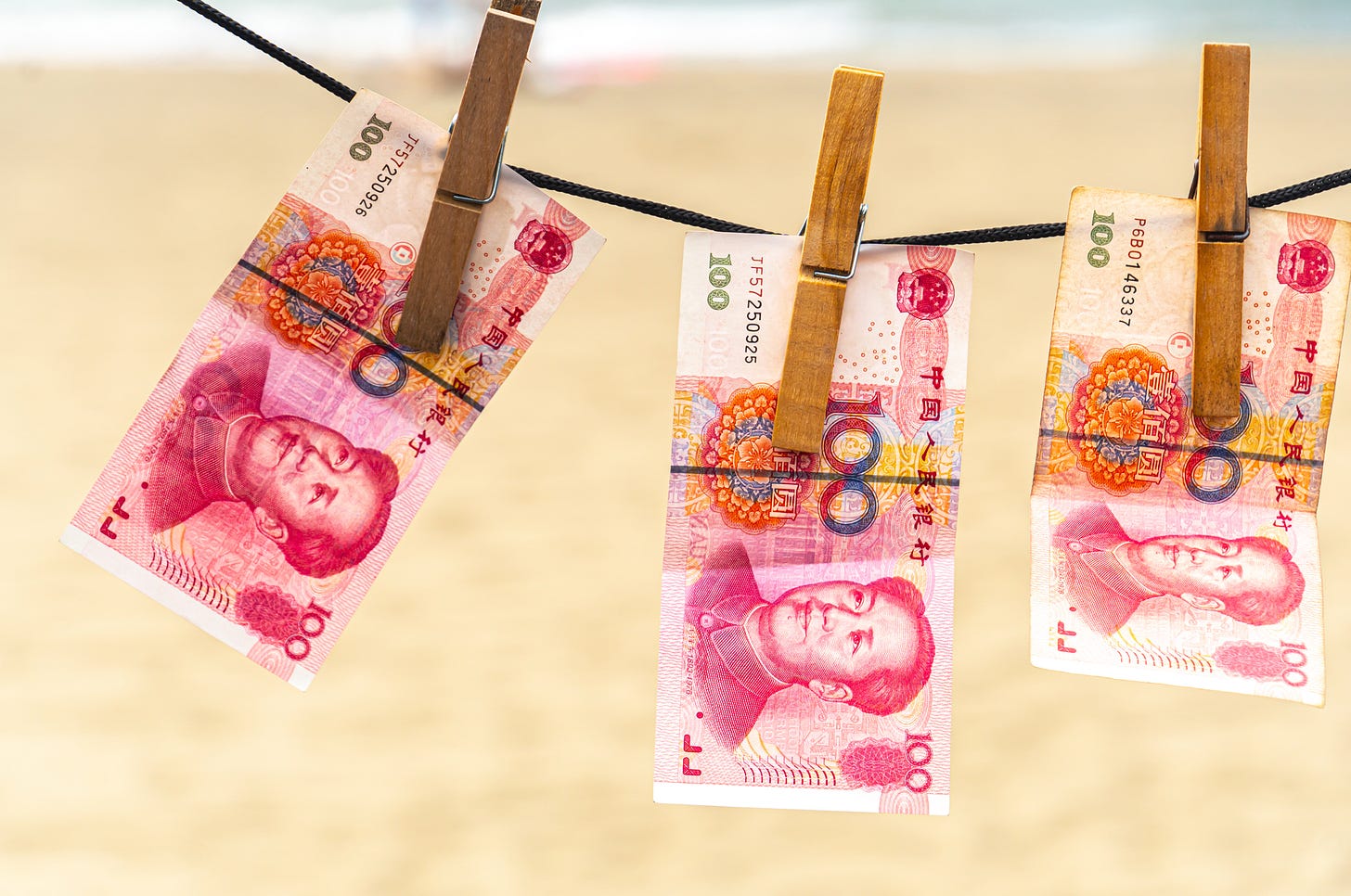To explain how odd currencies have been in recent years, you need to go right back to the beginning of free market trading in currencies. The Thatcher/Reagan revolution ushered in an era of free market pricing in currency markets. When we think about free markets determining the value of an exchange rate, then the exchange rate needs to be set at a level that attracts capital.
To simplify currencies, I think in the long run. Over the long run, if you have two similar countries, but one that is more productive than the other, then you would expect its exchange rate to appreciate. This means we can find currency pairs, where one currency consistency outperforms the other. One my favourites is Canadian Dollar versus Mexican Peso. Both Canada and Mexico are commodity exporters, and both do most of their trade with the US. Canada tends to have better productivity growth than Mexico, so we see that the Canadian dollar appreciates versus the Mexican peso.
A European version of this trade was to be long Norwegian Krone and Short Russian Ruble. Both energy exporters to Europe, one a stable well run, another prone to wars and epic corruption, the Ruble tended to lose value against the Norwegian Krone. However this year has seen the Ruble strengthen against the Krone, despite the use of financial sanctions against Russia. This is greatly at odds with experience of the last 40 years, and leads to many profoundly bearish view on the Ruble.
The Yuan and the Yen also seem to be trading oddly. In 1980s, Japan was the technological powerhouse of the world, while China was still coming to terms with the changes wrought by Deng Xiao Ping. Long Yen, short Yuan was a wonder trade. However, over the last few years, China has had to deal with a range of tariffs and trade restrictions. It has also has what many consider a huge property bubble, while Japan has affordable house prices, and no trade problems with the US. Despite that, the Yuan has traded strongly versus the Yen, at close to 30 year highs, although well off levels seen in 1980s. On a inflation adjusted basis, Yuan is near all time highs, while Yen is near all time lows.




